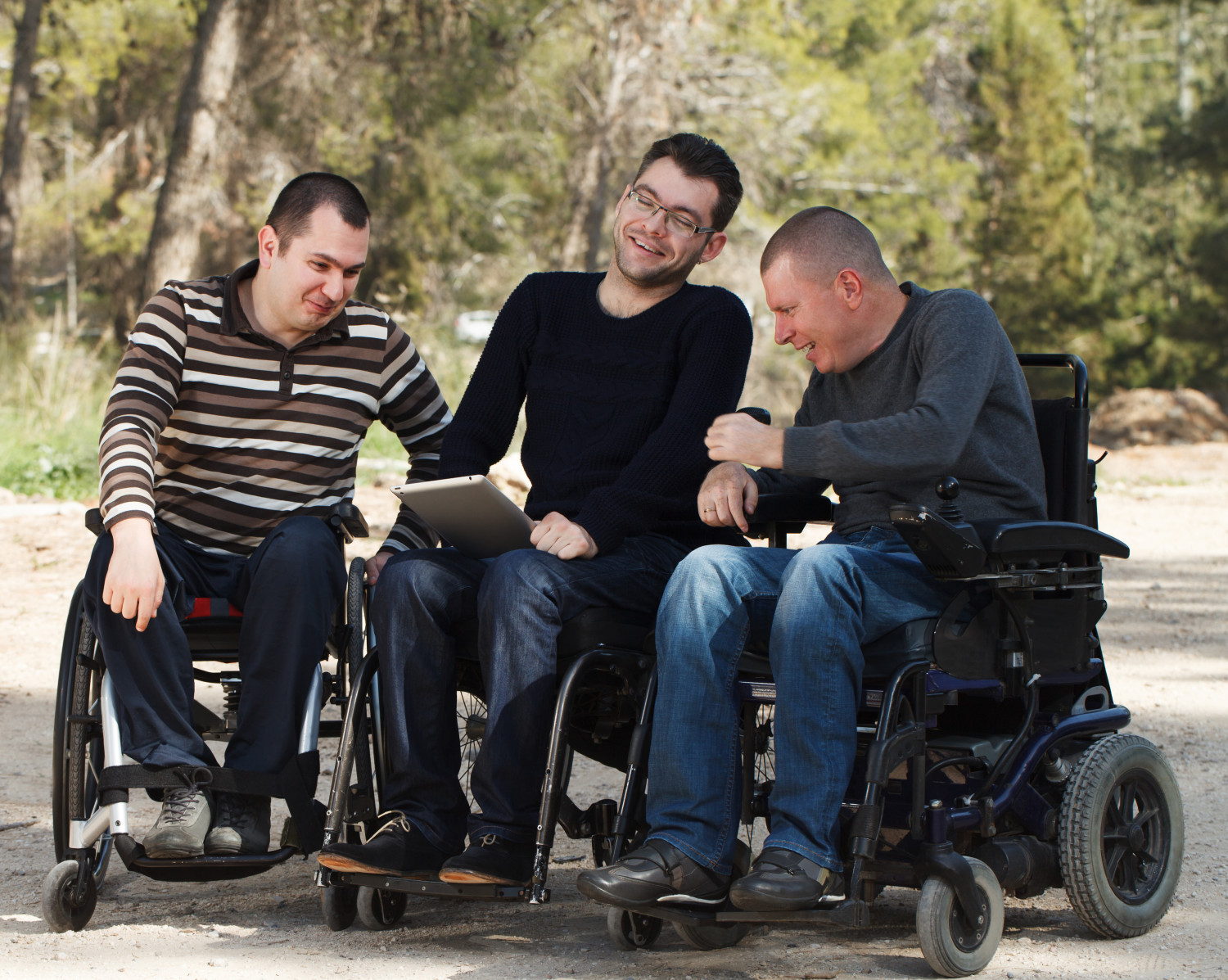What Is Supported Independent Living?
30 January, 2024
If you or your loved one have recently been told that they are eligible for Supported Independent Living (SIL) funding as part of your National Disability Insurance Scheme (NDIS) plan, you might be wondering exactly what this means.
There's no need to worry however! If you're asking "what is supported independent living?" you're not alone. The NDIS can be a complicated system for anyone to understand and its not unusual to be uncertain about parts of your NDIS plan.
That's why we've put together this guide, to help you understand exactly what supported independent living means and what this type of funding can and can't be used for.

Supported Independent Living and your NDIS plan
Supported Independent Living is a form of support designed to help you live the way you want to. This aid encompasses assistance with daily activities such as personal care and meal preparation. Its aim is to enhance your ability to live autonomously while helping you to develop your skills.
This form of support is intended for individuals with elevated support requirements, who need regular assistance at home. It's particularly well-suited for individuals with disabilities who have substantial support needs, requiring assistance from support workers throughout the day and overnight.

Can I use SIL in my own home?
Funding for supported independent living is often allocated when you live with other NDIS participants in a shared living arrangement and share support services with them.
If you live independently, you may also be eligible, however there may be alternative home and living supports better suited to your needs such as an individualised living option or personal care supports.
If you're uncertain about the most suitable home and living support for you, researching individualised living options is a helpful starting point.
Is supported independent living different from normal NDIS funding?
SIL is a subset of NDIS funding allocated specifically for accommodation-related support.
While normal NDIS funding covers a broader range of supports tailored to an individual's needs and goals in daily life, SIL is intended for those with significant support needs in the area of independent living.
How do I get Supported Independent Living funding?
To access SIL services, individuals need to be NDIS participants.
The NDIS assesses the eligibility of individuals based on their disability and support needs.
If someone is deemed eligible for SIL, then it is included in their support plan and they can use their funding to receive SIL services.
Is this service in my NDIS plan?
To find out if you are receiving SIL funding, you should have a look at your NDIS plan. This document sets out the supports and services that have been approved for you.
You should check the "Supports" section in your NDIS plan. This is where details about the types of support and funding you are allocated are listed.
If you can't find information about SIL in your plan, contact your NDIS support coordinator or your Local Area Coordinator. They can help you work out which specific supports are included in your plan.
If SIL is not included in your plan and you think it should be, you should contact your support coordinator and talk about a review of your support plan.

Specialist Disability Accommodation (SDA)
Specialist Disability Accommodation (SDA) is another type of NDIS support. It involves housing specifically set up for individuals facing severe functional impairments or very high support needs.
Typically, SDA arrangements involve shared living spaces with a small group of individuals.
Funding for SDA encompasses the expenses associated with your accommodation. However, it's important to note that living in SDA may still require you to cover rent or other personal costs
Who can receive Supported Independent Living?
SIL is designed for individuals who have significant disability-related support needs that require assistance from support workers with their daily activities.
Eligibility for SIL is typically determined through an assessment process, often as part of the NDIS.
What does Supported Independent Living funding cover?
Supported independent living funding may be used for:
Assistance with personal care tasks and other daily tasks.
Guidance to enhance independent living skills in activities like meal preparation, cooking, cleaning, and establishing a routine.
Assistance in implementing any behaviour support plans.
Support for the development of social skills.
Supervision, personal safety support.
Aid in managing and administering medication.
Support for attending medical appointments.
Assistance in commuting to and from community activities. For instance, support to attend hydrotherapy sessions or visit family and friends outside the home.
What does supported independent living not cover?
Supported independent living does not cover day-to-day living expenses such as:
The cost of groceries.
Rent, board, or lodging expenses.
Utilities, including gas, electricity, water, telephone, or internet bills.
Vehicle-related costs.
Additionally, supported independent living does not encompass supports unrelated to your disability, such as:
Household budgeting or bill-paying.
Expenses associated with holidays, including travel costs.
Finally, supported independent living does not cover supports that are more appropriately funded by another service, including:
Medical assistance. The health system is responsible for this.
Nursing, medical, palliative care, and other health-related supports.
How much does Supported Independent Living cost?
The cost of SIL is covered by funding allocated through the NDIS. NDIS pricing arrangements set out what service providers can charge for SIL supports.
How Can Focus Care Help?
Focus Care is a registered NDIS provider offering home care services, for people with disabilities.
We provide personalised care and work with you to provide the flexibility and freedom you need.
To find out more about our disability support services, reach out to our team or read our list of services.




